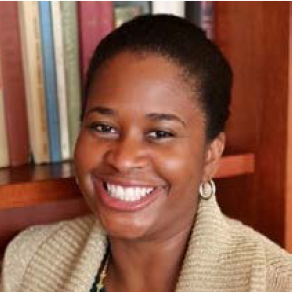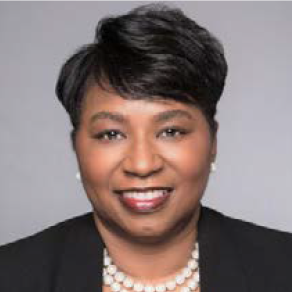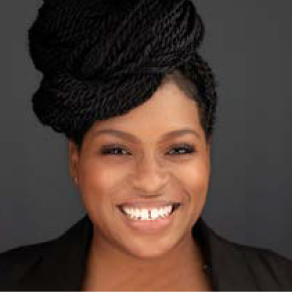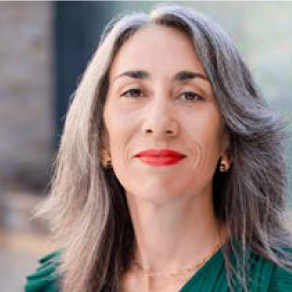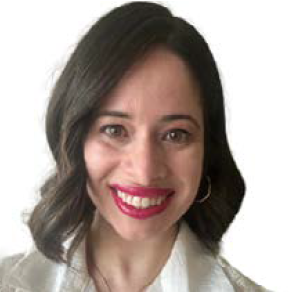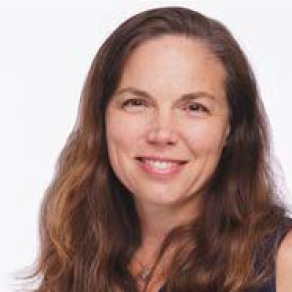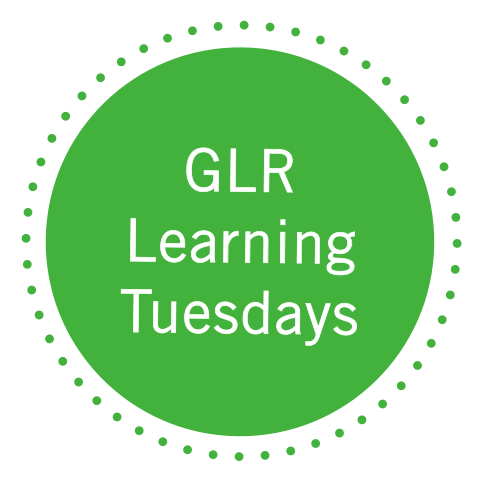
- This event has passed.
Equitable Literacy Instruction: Ensuring the Science of Reading Works for All Children
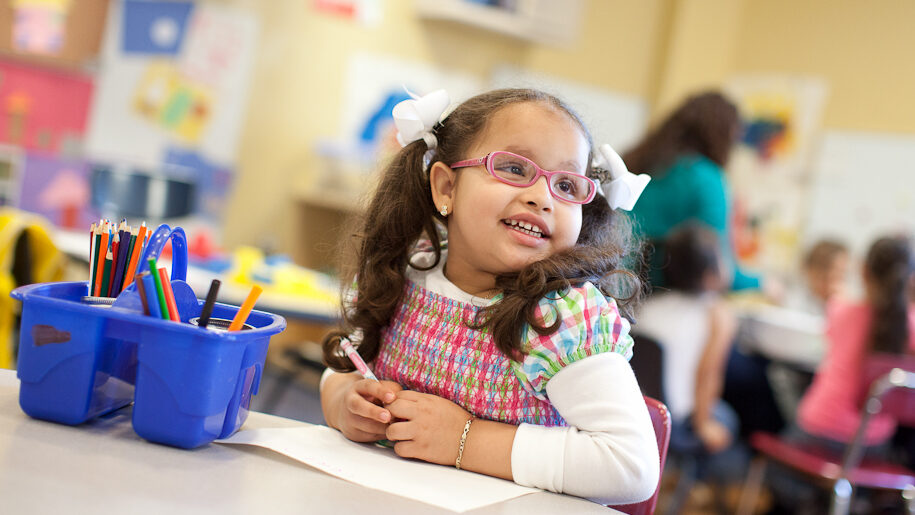
In this incredibly inspirational learning experience, panelists emphasized that a primary key to dispelling misunderstandings about the sciences of reading is realizing there are multiple sciences that need to be taken into consideration for the vast diversity in race, nationality, background and especially language among students in America’s classrooms. Building on ideas captured in the recent report from the Children’s Literacy Initiative (CLI), Equity and the Science of Reading, speakers suggested instructional techniques and classroom strategies that support educators in building both their literacy content knowledge and culturally sustaining practices.
A nationally recognized leader in the learning sciences, Lisa Guernsey of the Education Policy Program at New America, moderated the conversation. Guernsey introduced the discussion by inviting Diana Greene, Ph.D., and Erica Holmes-Ware of the Children’s Literacy Initiative to unpack the key assertions and recommendations in their seminal report. Greene shared an inspiring analogy, revealing the story of her son being diagnosed with cancer at a young age where there was a standard protocol for treating that cancer, but the doctors knew they had to adjust that plan based on her son’s specific biology and needs. Thanks to these adjustments in treatment, her son is now a thriving 34-year-old professional. She went on to explain that this type of adjustment and tailoring to the science of reading protocols is needed for diverse learners:
It is difficult when you have over 20 students who are coming to your room, all with very different backgrounds, different unique perspectives on life. [At CLI,] we believe that when you dig into the assets that children bring to the classroom and couple [that information] with research and doing best practice, that is going to catapult our children.
After a deep review of the CLI report, Guernsey engaged two leading researchers and experts in literacy instruction for multi-language and multicultural learners. Anya Hurwitz, Ed.D., of SEAL (Sobrato Early Academic Learning) and Xigrid Soto-Boykin, Ph.D., of the Children’s Equity Project at Arizona State University discussed the multiple sciences of reading and the extensive research that demonstrates how to best engage and instruct English language learners and honor the many assets of diverse learners. Like Greene, Soto-Boykin shared her deeply impactful personal story of moving to Florida from Puerto Rico at age 11 and not receiving any support to learn English or any honoring of her background. She related this to her tips for educators:
When we allow children to show up authentically as themselves, we provide them with a tool to love themselves. And that’s the biggest legacy. I learned to read in school, but I learned to love myself despite school. And I think that [we need to make sure students today feel supported by school instead of learning to love themselves despite school.]
If you were able to attend the session, we would love to hear your feedback! We appreciate your help in filling out the following form as we seek to learn and understand the perspectives, ideas, critiques and recommendations that better inform our key audiences.
Panel
